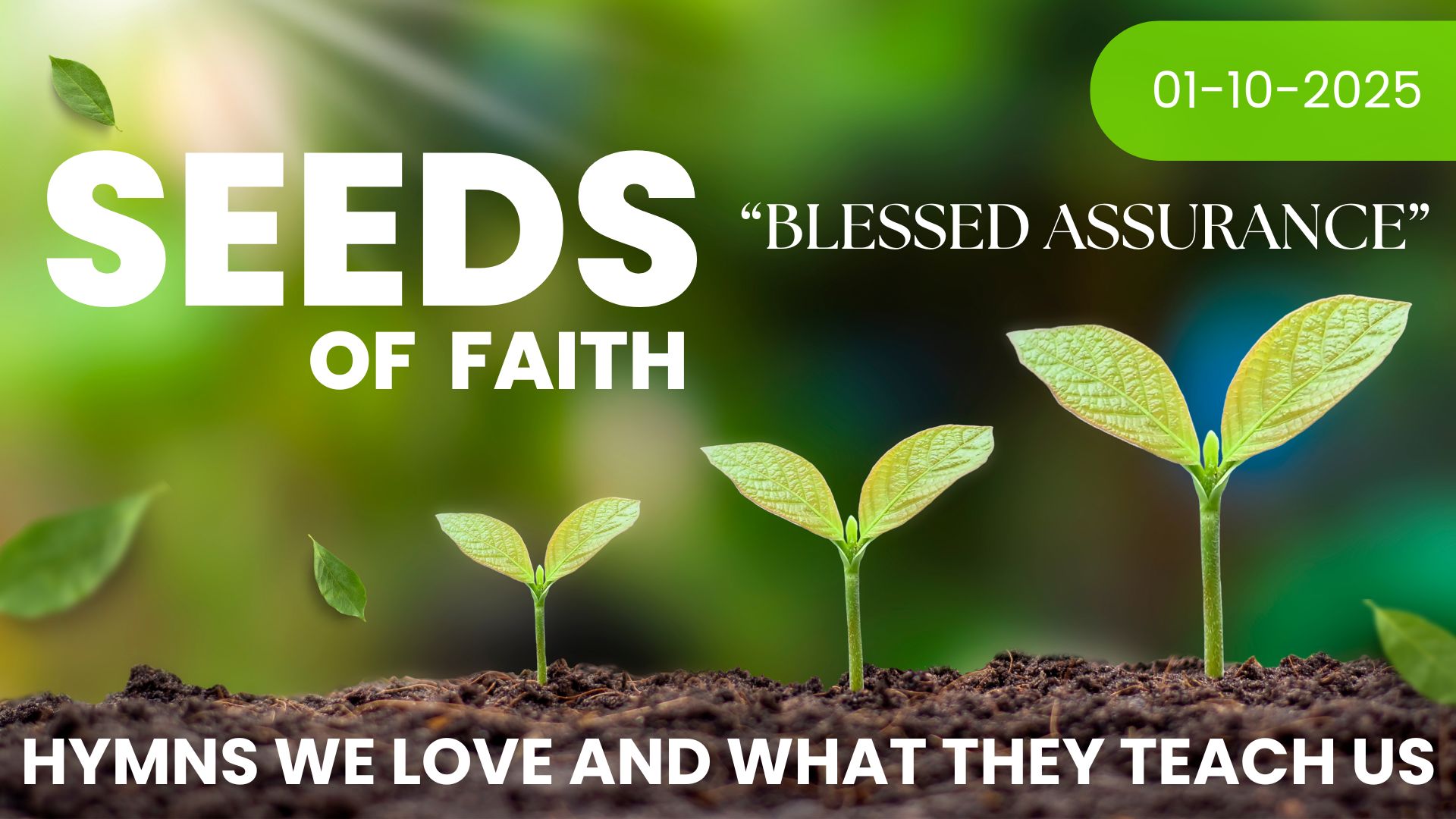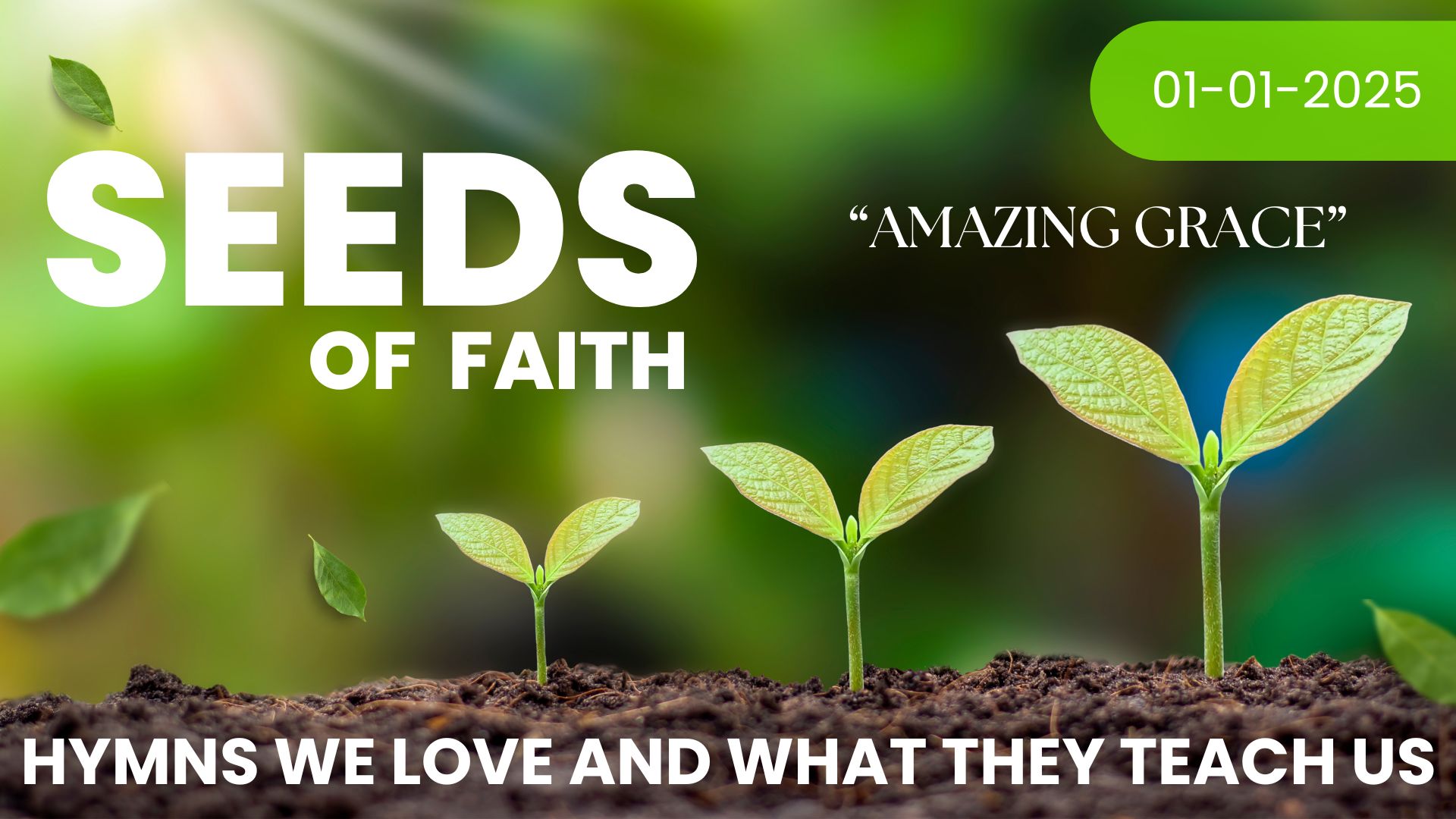“Come in! Come in!” Phoebe said as she opened the door. “I have some tea in the parlor…BUT before we have our tea I want to share something with you.”
Fanny made her way into the house, taking Phoebe’s arm for guidance.
“Here, let me take your jacket,” Phoebe offered.
“Thank you. The chill of the wind was a bit overwhelming. I’m grateful to have the warmth of your home for a respite.” Fanny handed her coat to Phoebe as she wiped her feet before stepping into out of the entry hall. “I smell the mint in the air. And what is that? Lemon?”
Phoebe laughed. “Of course, my dear, I remember how much you like the zest of lemon in your tea.” She was always amazed at the insight her friends’ senses gave her in spite of her blindness.
“I can always count on you, Phoebe, to spare no effort in the details.” They laughed together as they made their way into the main house. “Now what is so important that you wish to share that would delay us enjoying our tea? May I ask.”
“Well, you can sip your tea and listen if you want, but I want to share the piece of music I have been blessed to work on this week. It was as if the Lord was pouring it into my heart for me to share with you, Fanny!”
They made their way into the parlor, Phoebe leading Fanny to a chair near the piano. “Now, you sit here and I’ll retrieve your tea. Would you like sugar, today?”
“Of course. It will sweeten the experience.” Fanny said with a laugh.
Phoebe smiled, anticipating how her friend would react to the new piece of music she had composed. They had spent years writing and composing together and she just knew this was a song for Fanny to hear and pen some lyrics.
She handed Fanny her tea, which was received with urgency. Fanny loved her mint tea, with a hint of lemon zest. She sipped with pleasure.
“So good, my friend. Thank you. Now, let’s hear what the Lord has given.”
Phoebe bowed her head and whispered a prayer, then began playing. She played through the entire tune, adding a flourish here and there, her back to Fanny. She had not observed that Fanny had laid her head back after the first time, gazing as through the ceiling, her blind eyes open wide and her smile broadening with each measure.
Phoebe played the final D chord and turned to her friend. At this point, Fanny was sitting forward in her chair, waiting for her friend to complete her presentation.
“So, Fanny. You’ve heard the tune, now. What do you hear it saying?”
Without hesitation and with great elation, Fanny burst forth, “Blessed assurance, Jesus is mine!” She leaned back with a smile, repeating, “Blessed assurance, Jesus is mine!”
Before she had finished, Phoebe joined her…”Jesus is mine! Oh, Fanny! I knew this was a tune from the Lord, just for you!” She picked up her tea from the table and sipped. “Now, what more do you see.”
She turned and began to play again, pausing with each phrase and looking Fanny’s way. Her smile broadened as Fanny began again, singing the melody…
Blessed assurance, Jesus is mine!
O what a foretaste of glory divine!
Heir of salvation, purchase of God,
Born of His Spirit, washed in His blood!
They continued for a quarter hour, playing, singing…Phoebe had begun inscribing the lyrics within the music she had composed.
This is my story, this is my song
Praising my Savior all the day long;
This is my story, this is my song,
Praising my Savior all the day long.
…and the story of Fanny’s blind faith continues with us.
Frances “Fanny” Crosby and Phoebe Knapp composed many hymns together over the years, but Blessed Assurance is the hymn that most people remember and sing as one of their favorites.
Fanny was blinded as a baby as a result of a doctor prescribing a mustard poultice for her eyes to reduce swelling and treat infection. The damage to her optic nerves was not reversible. Later in life, Fanny was asked if she would ever change her blindness if she were able. She said this:
“If I had a choice, I would still choose to remain blind… for when I die, the first face I will ever see will be the face of my blessed Savior.”
Information about Fanny Crosby, her life, and her writings are readily available. I have included a few links in the notes, below. Don’t forget to join us in singing along with our video presentation found here:
Notes:
Fanny Crosby from United Methodist Discipleship Resources
10 Things You Should Know About Fanny Crosby

